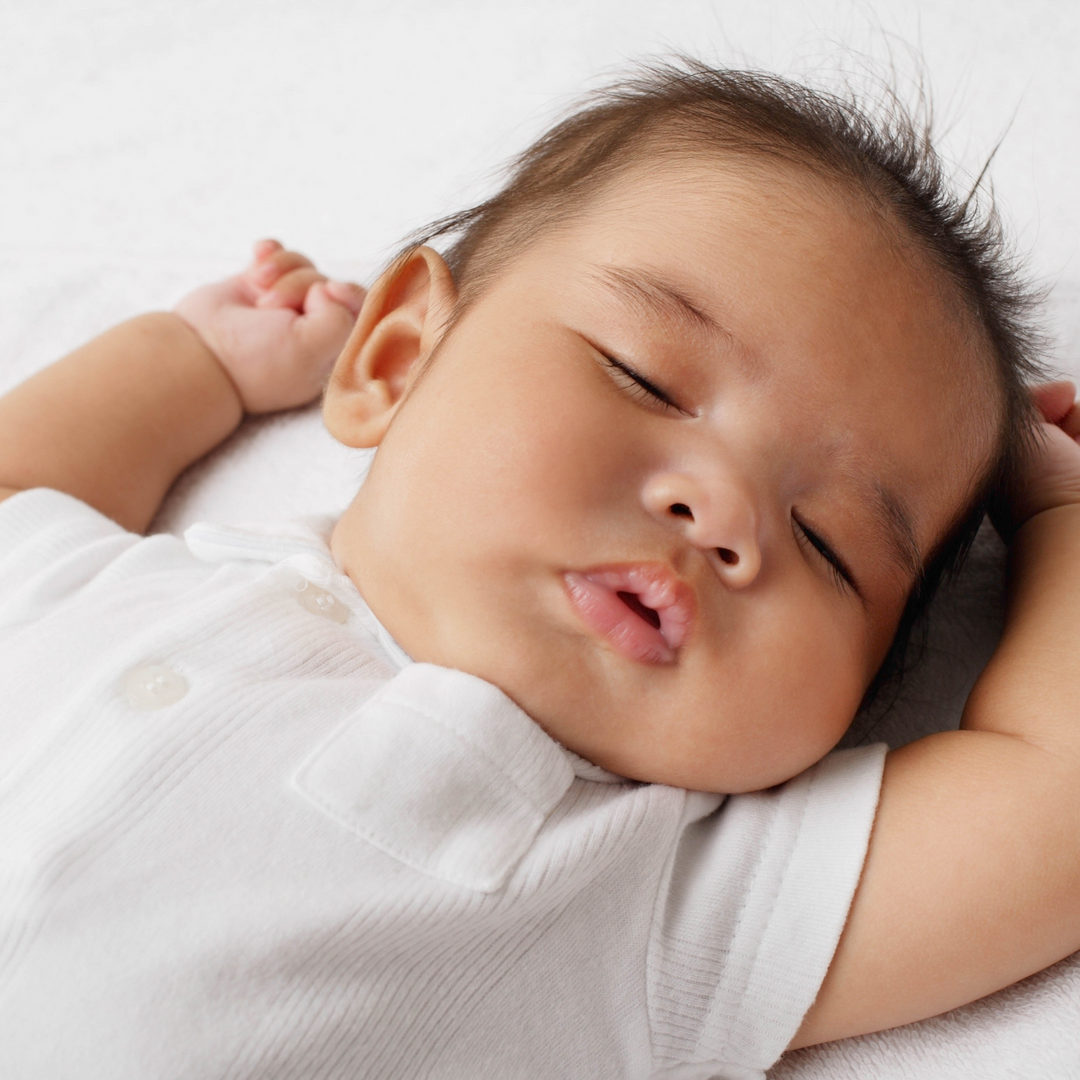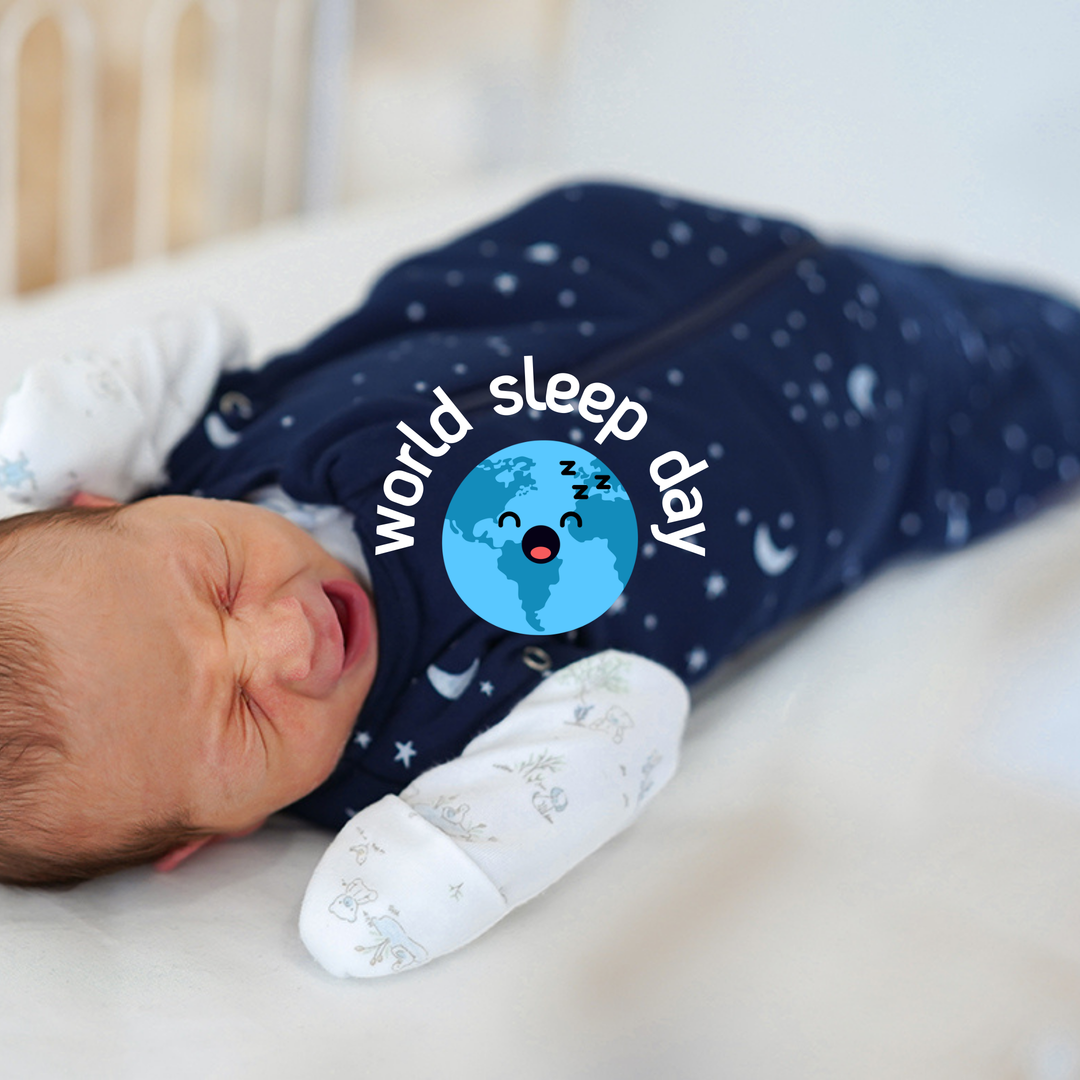Teething is when your baby’s first teeth begin to push through their gums. It’s an exciting milestone but can also be a challenging time for babies and parents alike. Understanding teething and how to soothe your baby can make this phase easier.
When Does Teething Start?
Teething usually starts between 4 and 7 months, but it can begin as early as 3 months. The first teeth to appear are typically the bottom front teeth (central incisors), followed by the upper front teeth. Most babies have all 20 primary teeth by the time they’re 3 years old.
Fun Fact: Some babies are born with teeth, known as natal teeth, or develop teeth within the first few weeks of life!
Signs of Teething
Teething symptoms vary from baby to baby. Some may not feel discomfort, while others show clear signs, such as:
- Excessive drooling
- Swollen or tender gums
- Chewing on objects
- Fussiness or irritability
- Disrupted sleep patterns
- A mild increase in temperature (but not a fever above 38°C)
Important: If your baby develops a high fever or diarrhea, consult a doctor as these are not typical teething symptoms.
Making Teething Easier
Here are some tips to help soothe your baby during teething:
- Gently rub their gums with a clean finger.
- Offer a chilled (not frozen) teething ring or a wet washcloth from the refrigerator.
- Use teething biscuits or frozen fruits for babies who have started solids.
- Wipe drool away to prevent rashes.
- Ask your doctor about using acetaminophen or ibuprofen for babies over 6 months.
What to Avoid
- Avoid tying teething rings around your baby’s neck as it’s a choking hazard.
- Don’t use gels or tablets that may contain unsafe ingredients like benzocaine.
- Skip amber teething necklaces—they pose choking and strangulation risks.
Caring for Your Baby's Teeth
Proper oral care should start even before the first tooth appears. Here’s how to care for your baby’s gums and teeth:
Before Teeth Erupt
- Wipe gums daily with a clean, damp cloth.
After Teeth Erupt
- Brush teeth twice daily with a smear of fluoride toothpaste.
- Switch to a pea-sized amount of toothpaste once your child learns to spit (around age 3).
- Avoid putting your baby to bed with a bottle to prevent tooth decay.
Schedule your baby’s first dental appointment after their first tooth appears or by their first birthday, whichever comes first.
FAQs About Teething and Baby Teeth
Can teething cause fever?
No, teething might slightly raise your baby’s temperature, but a fever above 38°C is likely due to another issue. Contact your doctor if your baby has a fever.
When should my baby start brushing their teeth?
You can start brushing as soon as the first tooth erupts. Use a soft toothbrush and a tiny smear of fluoride toothpaste.
Are amber teething necklaces safe?
No, they are not recommended due to the risks of choking and strangulation.
What should I do if my baby’s teeth seem delayed?
If your baby has no teeth by 12 months, talk to your pediatrician for guidance.
When should I visit the dentist?
The American Dental Association recommends the first dental visit by age 1 or within 6 months of the first tooth appearing.
Teething is a natural but sometimes tricky part of your baby’s development. With the right tools and techniques, you can help your little one get through it with smiles all around!











